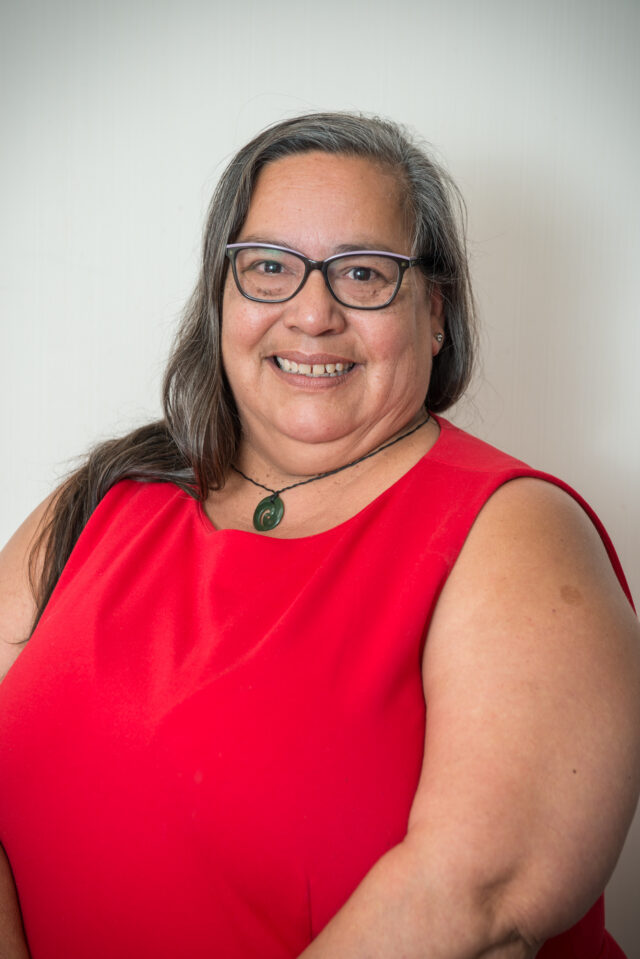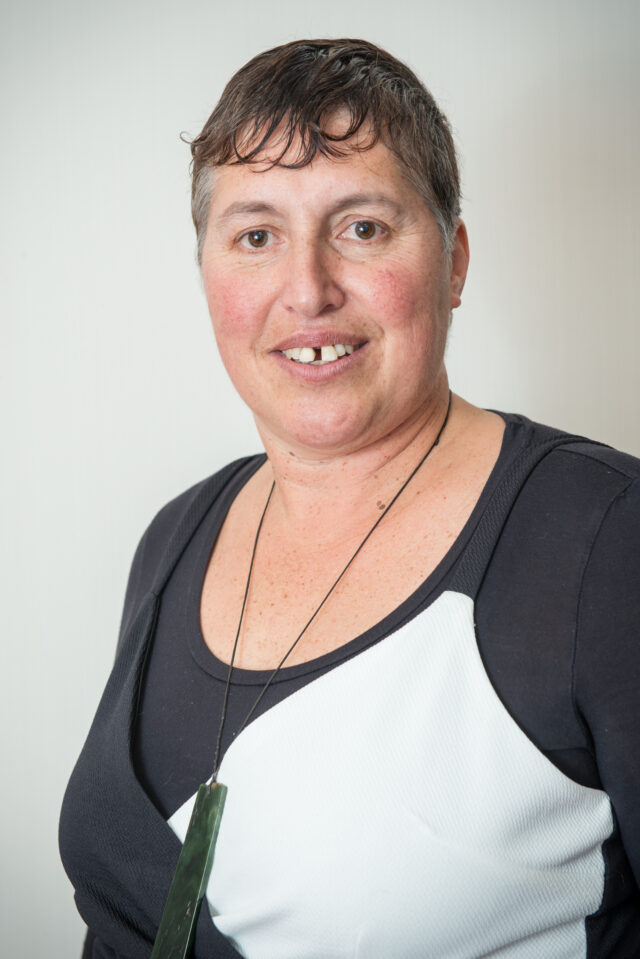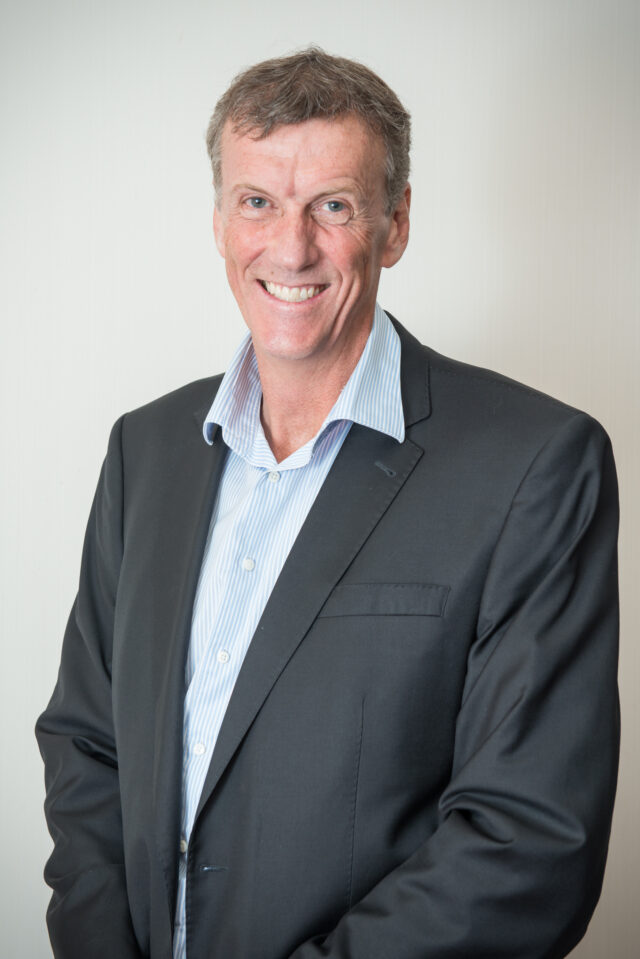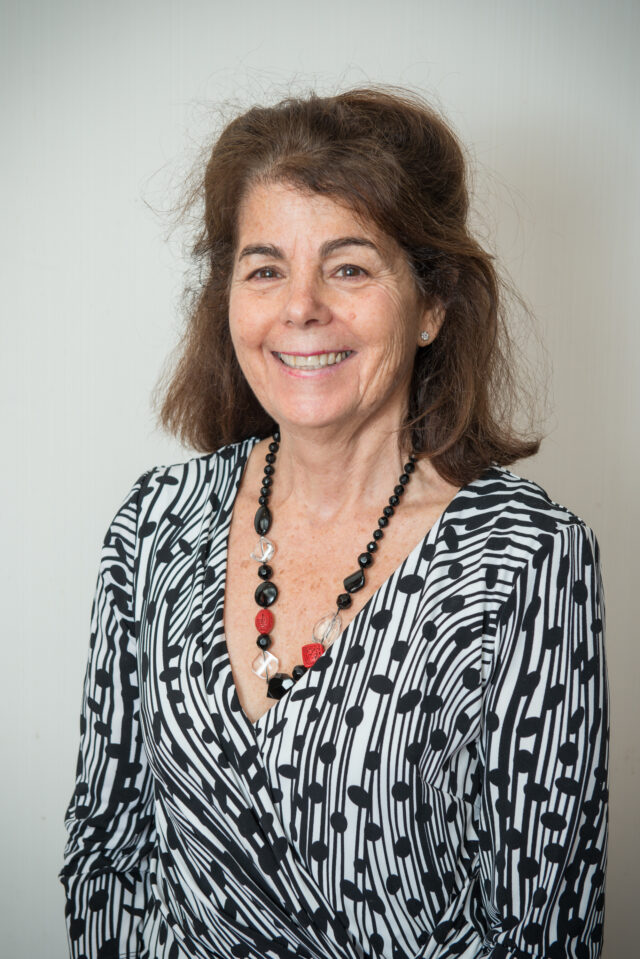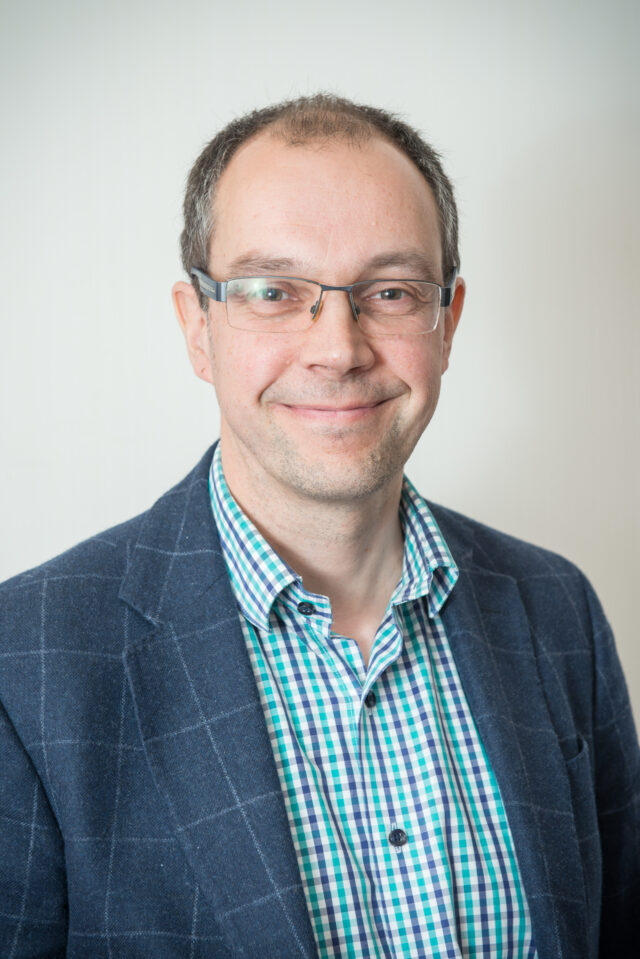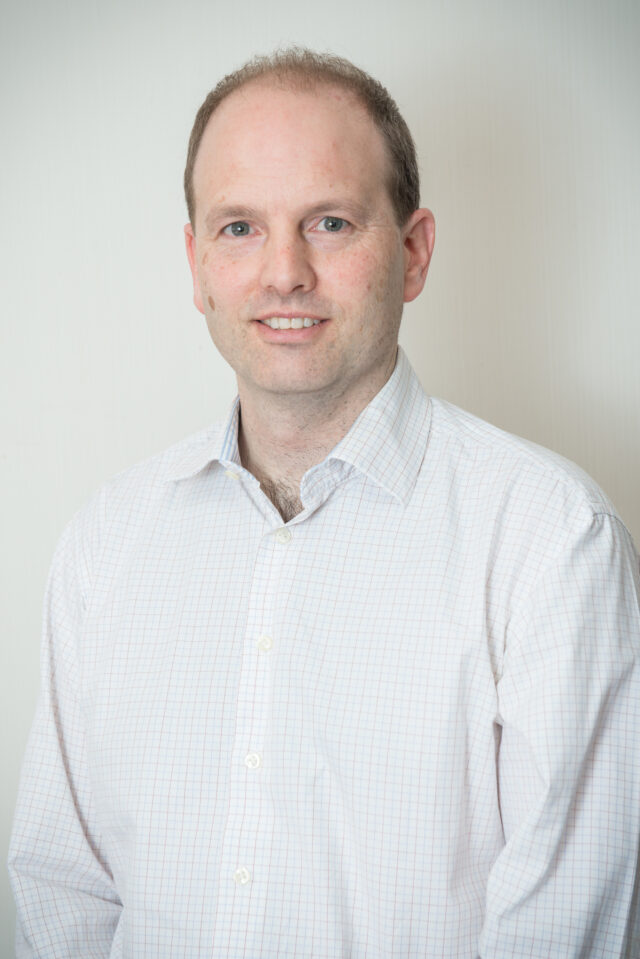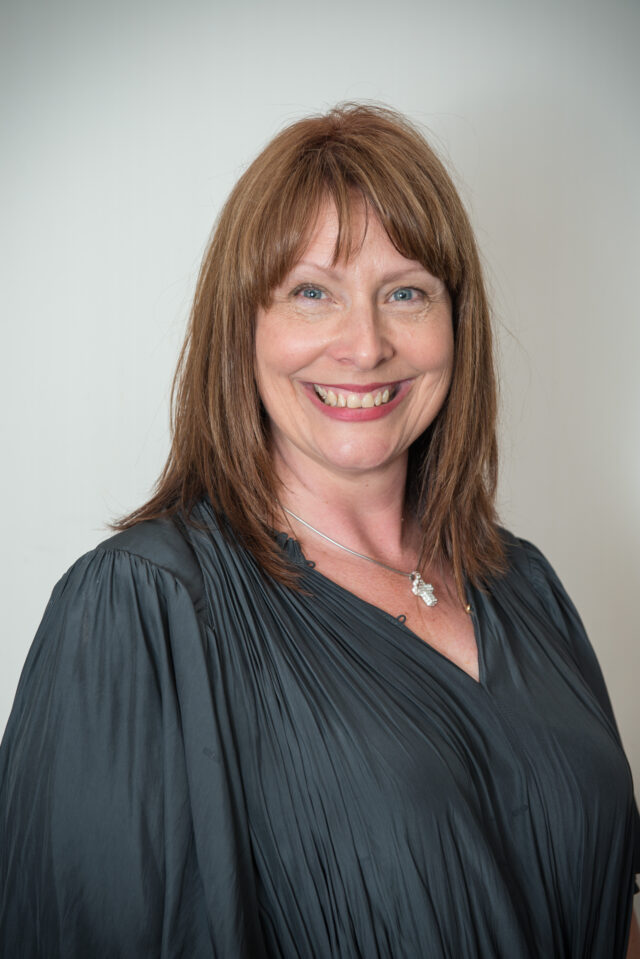Day Two: New Zealand Respiratory Conference 2017
SESSION SEVEN - Wrap around Services: Patient centred actions
Ruth Gammon
Engagement and compliance continues to be a struggle for patients with high and
complex or multiple needs, which is often due to the number of providers involved
and a lack of coordination of services or understanding of the individualized needs
of the patient.
Wraparound is one approach for working with patients with high and complex needs, originally designed for young people with complex mental health needs, it's now used with a variety of populations. Wraparound is a philosophy of care which includes a definable planning process involving the patient and their family or support people which results in a unique set of services and natural supports individualized to achieve a positive set of outcomes.
It is an ecologically based process to care planning, which builds on the collective actions of a group of family, friends, community, professional, and cross-system supports. It aims to mobilizing resources from a variety of sources resulting in the creation of a plan of care, which is the best fit between the patient’s vision, team’s mission, strengths, needs, and strategies. Wraparound is designed to empower patients to take control over their care and ensure services meet the needs of not only them, but their providers as well. Wraparound is more than simply wrapping multiple services around a patient; it is the process which helps to facilitate change. According to the Wraparound Theory of Change, intermediate outcomes such as empowerment, self-efficacy, improved problem-solving and coping skills are key to sustainable change and are targeted by the Wraparound process.
Download the powerpoint here
Watch the presentation here
SESSION EIGHT - Wrap around services: Kaupapa Māori
Rhonda Zielinski
Te Ha Oranga provides mobile nursing services across the rohe of Nga whatua.
Our founda on and model of care is based on Tikanga Māori principles and a
whānau ora approach across the many different contracts we hold, providing wrap
around services to all.
Download the powerpoint here
Watch the presentation here
SESSION NINE - Changing landscapes in COPD
Dr Rob Young
There have been several changes to recent recommendations in the
management of COPD which have arisen from the results of recent clinical trials,
availability of new medicines and Pharmac requirements.
These new recommendations and requirements allow us to simplify the stepwise approach to inhaler-based management of COPD starting with short-acting inhalers and progressing to long-acting mono-, dual and once-a-day triple therapy. The range of new inhalers allow improved delivery systems and once a day treatment options improving compliance. There is a greater emphasis on symptom control and also a greater emphasis on regular exercise and the management or prevention of co-morbid diseases such as coronary artery disease. This lecture will provide an overview of these changes and the evidence supporting these recommendations.
Download the powerpoint here
Watch the presentation here
SESSION TEN - Australian & NZ Pulmonary Rehabilitation Guidelines
Prof Jennifer Alison
This presentation will focus on the recently published Pulmonary Rehabilitation (PR)
Guidelines for Australia and New Zealand. The aim of the Guidelines is to provide
evidence-based recommendations for the practice of pulmonary rehabilitation
specific to Australian and New Zealand healthcare contexts.
Nine questions relevant to the practice of PR were asked in a PICO (Population, Intervention, Comparator, Outcome) format with recommendations to provide guidance for clinicians and policy makers. In brief, the Guideline panel recommended that people with mild to severe COPD should undergo PR to improve quality of life and exercise capacity and to reduce hospital admissions; that PR could be offered in hospital gyms, community centres or at home, and could be provided irrespective of the availability of a structured education program; that PR should be offered to people with bronchiectasis, interstitial lung disease and pulmonary hypertension, with the latter in specialised centres.
Due to insufficient evidence, the Guideline panel was unable to make recommendations relating to PR program length beyond 8 weeks; optimal model for maintenance after PR; use of supplemental oxygen during exercise training. The Guideline document discussed the need for culturally appropriate PR programs for Indigenous people with COPD in Australia and New Zealand to reduce the gap in health outcomes.
Download the powerpoint here
Watch the presentation here
SESSION ELEVEN - Your patient with Idiopathic Pulmonary Fibrosis
Dr Ben Brockway
Dr Ben Brockway studied in the UK and was appointed
Consultant and Senior Lecturer in Respiratory Medicine
at Dunedin Public Hospital and School of Medicine in
2008. His interests include exhaled breath analysis in
disease and health, particularly in the fields of cystic
fibrosis, asthma, and COPD. He is PI for numerous studies
and his clinical interests include cystic fibrosis (CF),
Pulmonary Arterial Hypertension (PAH), and sleep
disordered breathing.
Download the powerpoint here
Watch the presentation here
SESSION TWELVE - Child & Adolescent Asthma Guidelines
Dr David McNamara
Dr David McNamara is a Paediatric Respiratory Specialist at
Starship Children's Hospital where he is the clinical leader of
the paediatric respiratory team. He trained in Auckland and
Sydney. David has a special interest in asthma and obstructive
sleep apnoea in children and has been involved in national
guideline development for both of these.
This presentation will be a summary of the recently completed Asthma and Respiratory Foundation New Zealand Child and Adolescent Asthma Quick Reference Guide. The presentation will show some highlights from the new guideline.
Download the powerpoint here
Watch the presentation here
SESSION THIRTEEN - New Resource Tools and Initiatives
Teresa Demetriou, Hayley Sims, Vanessa Searing
The Asthma and Respiratory Foundation NZ is committed to developing and
supporting respiratory health best practice through partnering, research, training
and education. Respiratory disease is the third most common cause of death in
New Zealand, and the Foundation is hugely focused in improving respiratory health
outcomes for all.
Numerous projects and initiatives have been launched over the past 12 months, which aim to help the work of health professionals in their everyday practice, and reinforce and remind patients what they have learnt from their GP, nurse or respiratory health professional.
This will be a fun presentation carried out on the set of Breathless TV with hosts Erin Simpson and Chris Lam Sam and guests from the Foundation.
Download the powerpoint here
Watch the presentation here


